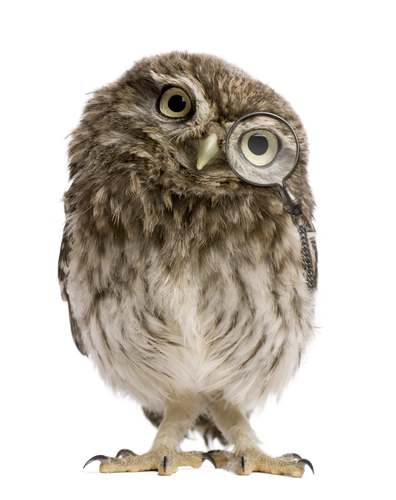 First of all, let me say I am all for teachers. Teachers (good ones) saved me. Educators work harder than most people, at jobs that are more important than most jobs, for less money than a lot of jobs, and I thank them. The vast majority are hard working people who really care about kids. And, if you’re a teacher who is reading this, you are one of that majority.
First of all, let me say I am all for teachers. Teachers (good ones) saved me. Educators work harder than most people, at jobs that are more important than most jobs, for less money than a lot of jobs, and I thank them. The vast majority are hard working people who really care about kids. And, if you’re a teacher who is reading this, you are one of that majority.
OK, on to the meat: Seeing the Invisible. What do I mean? Well, disabilities come in different forms. Some are visible. If a person is in a wheelchair, you can tell. Some disabilities, though are invisible. I don’t walk around with a sign flashing on my head saying LD! LD! LD!. Even among LDs, some are more obvious and easy to identify than others. The sort of LD I have is hard to see because it affects things that people don’t usually think of as being taught. Dyslexia affects reading. Well, people have to learn to read (a few people teach themselves, but most people get taught). Similarly for dyscalculia. But I’m good at reading and math. I’m bad at other stuff. I’m not likely to show up in your class (and you can be thankful for that! I was a PITA). But other kids like me might. How can you see the invisible?
- Do you have a child in your class who looks like he was dressed by his mom at an age when all the other kids dress in ways that offend their moms?
- Do you have a child who never seems to have any friends, but you can’t see why?
- Do you have a child who covers her ears at loud noises? Or soft noises?
- Do you have a child who doesn’t quite have ADHD exactly, but who seems to be off somewhere, distracted by things going on in his own head?
- How about one who gets lost trying to find the classroom? Or can’t figure out how to unlock a locker?
- Perhaps the learner appears verbally very intelligent, but you can find no proof of it based on performance in the classroom, or the child cannot complete assignments.
Well, you’ve just seen the invisible. Of course, you can’t diagnose a learning disability based on a single behavior or two; but these are among the warning signs. These are the signs that alert you, just as a child reversing letters alerts you to dyslexia. But these signs may alert you to the whole wonderful world of the autism/NLD/Asperger’s ballpark, it could be a sign that a child isn’t hearing, seeing, or perceiving the world that other peers his/her age are engaging. When a child isn’t fitting in, isn’t able to grasp what seem to be natural for other children/learners. It’s time to take a closer look.
But you can help! I am not a teacher, and I can’t advise you on the procedures to follow to get a formal diagnosis or whatever. But you can help. Because you know how to do all the things that the kid can’t do. You may not know that you know, but you know. Because (unless you’re in the ballpark yourself) you do them, all the time. You can help by figuring how you and other people outside the ballpark do those things, and then teaching them. You can do this better than I can, because I am in the ballpark, myself.
And the kids will thank you (even if you can’t hear them say it).




Brilliant. I’m sharing (if that’s ok with you). Many parents need this type of advice right now…
I guess you and I had very different experiences. People always sensed my disability(due to my physical clumsiness and public stimming) even when they were not officially informed about my background.
Hi Ari. Well, your disability sounds more visible than mine is.
This is my son to a tee. This is very well written.
Sometimes invisibility would be a blessing! My son (recently identified as Gifted/NLD, previously as Asperger’s) is often accused of “intentionally” choosing socially inappropriate interactions. He is usually blind-sided by this and has no sense of what he is supposed to have “chosen” to do. Rather like walking through minefields every time you go to school. And when a mine detonates everyone tells you it’s your own fault.
I am so glad to have found this resource! As the parent of a 10-yr-old girl who is both a gifted learner and has NVLD, it has been difficult for me to find other parents who understand this unique situation, let alone teachers and school administrators. Just yesterday I found myself trying to explain some of my daughter’s behavior to an after-school program leader who had been particularly disrespectful (which resulted in my daughter calling me in hysterics). She looked at me like I had two heads when I tried to explain to her that what she perceived as “back talk”, was actually my daughter asking for help before she went into “crisis mode”. We need to get the word out about NVLD so people can be more sensitive to these invisible signs!